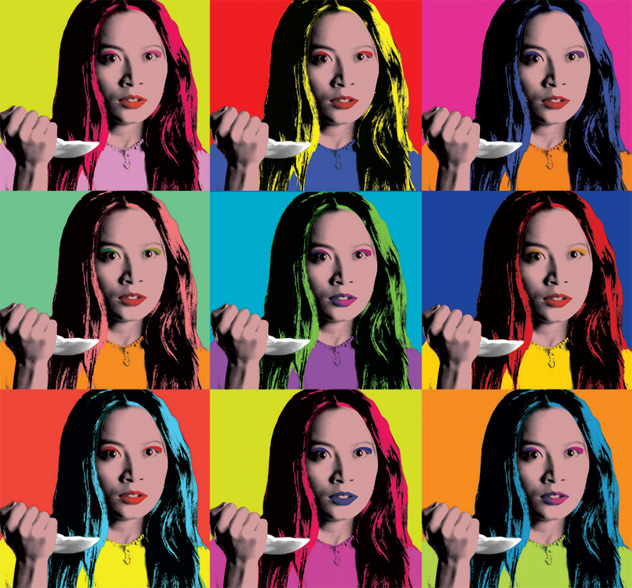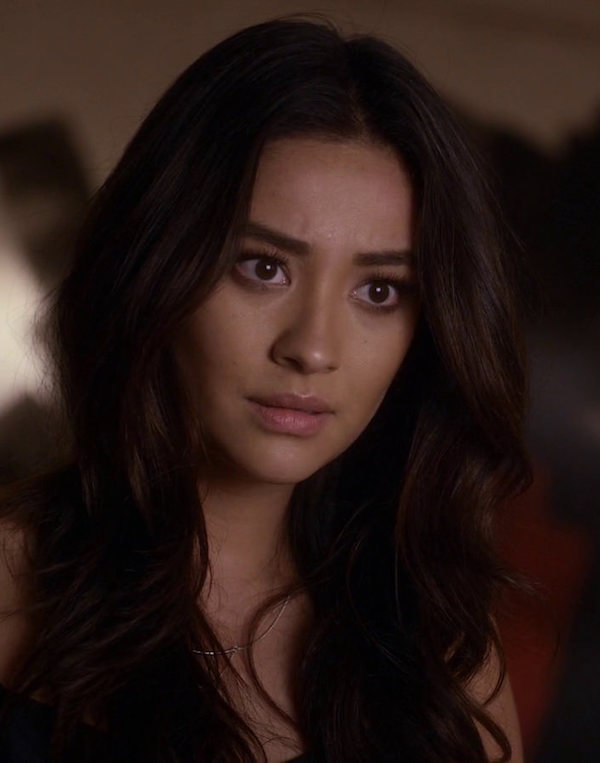In 1993, the following news events dominated newspaper headlines: River Phoenix died of a drug overdose, black and white constituents in South Africa agreed on a majority-rule constitution and civil rights leader Cesar Chavez passed away.
Less significantly, a frizzy-haired, insecure Korean American 20-year-old with identity issues quietly set foot in a darkened movie theater in Los Angeles and was treated to a major motion picture with a mostly Asian American cast. I absolutely loved seeing Asian American women speaking correct English on the slanted screen. I reveled in the gorgeous cinematography and the equally stunning cast, who looked somewhat more like me than the stars of “Groundhog Day” or “Sleepless in Seattle,” which came out in the same year.
The historic film was directed by pioneering Chinese American auteur Wayne Wang and executive produced by Oliver Stone and Janet Yang. I won’t bore you with the film’s laundry list of glittering names — that’s what IMDb is for. Suffice to say, this talented bunch transformed author Amy Tan’s beautiful 1989 book of the same name from a sprawling intergenerational immigration saga into a tightly crafted movie that grabbed me by the throat and didn’t let go until the last of the crab was served.
As soon as my daughter was old enough, I forced her to watch “The Joy Luck Club” with me. This time we were streaming it on Amazon instead of sitting in a local cineplex. I hoped that the story’s themes of immigration and assimilation would resonate with her as deeply as they did with me. But unlike me, her mother is not an immigrant but a second-generation American. Also, we’re Korean, and some of the Chinese cultural cues were lost on her. But she still loved it.
And I realized how accurately “The Joy Luck Club” portrayed family dynamics. The stuff holds up!
Like when Lindo (Tsai Chin) and Suyuan (Kieu Chinh) “complained” about how each of their daughters can’t be bothered to do their chores because they were each passionately practicing chess moves or piano sonatas, I thought about how I try to squeeze in a little humblebrag of my own about how my kid reads so much (a book a day) that she forgets to empty the dishwasher or put away the laundry. Believe me, when I was watching “The Joy Luck Club” 25 years ago, I never thought the day would come when I identified more with Auntie Lindo than with Waverly (Tamlyn Tomita).
Speaking of Waverly, remember when they needled each other in the hair salon pushing emotional mother/daughter buttons like crazy? I had been getting my frizzy hair permed and trimmed for years in the same Koreatown hair salon that my mom had been going to since dinosaurs roamed the earth. Seated on the vinyl covered chairs, we would glare at each other in the mirror reflection as we repeatedly traveled the well-worn trail of our mutual resentments. Cultural conflicts, check. Language barrier, check. Endless retinue of perceived slights? Definitely, check. The movie got it right: Moms can be such a pain, but nowhere more acutely than in hair salons.
And if you fail to master your mother tongue the way June (Ming-Na Wen) flailed at speaking Chinese, this lack of linguistic ability will come back to bite you in your butt. You will miss out on critical information, like the news that you’ll have to tell your long-lost half-sisters that their long-lost mother had been dead for four months. Less tragically, you will lose out on having a secret language to talk trash about haoles in front of haoles. Instead, you’ll be the haole, and your mom and her friends will talk trash in front of you.
Though Asian moms are usually not pushovers, Rose (Rosalind Chao) and Lena (Lauren Tom) shared the same problem: Asian Girl Doormat Syndrome. Rose’s dreamy upper-crust hubby (Andrew McCarthy) loses interest in her because, with the appearance of a ring on her finger, she magically transforms from fierce woman warrior to accommodating happy housewife. Similarly, lily-livered Lena loses all of her power and sway over her overseer/husband (Michael Paul Chan) when she agrees to pay for half the ice cream that she doesn’t even like. As if! Both women were negotiating that fuzzy gray area between being supportive and being submissive. By ultimately exercising their own power and agency, they ultimately figured out how to love without losing sight. You’re only as strong as you believe that you are.
After all these years “The Joy Luck Club” is still a damn good movie, ringing with so much truth about families, relationships, love and loss. And this one thing is more true than ever about all families, no matter what country they come from or from which era they hail: Moms really do have all the power.







